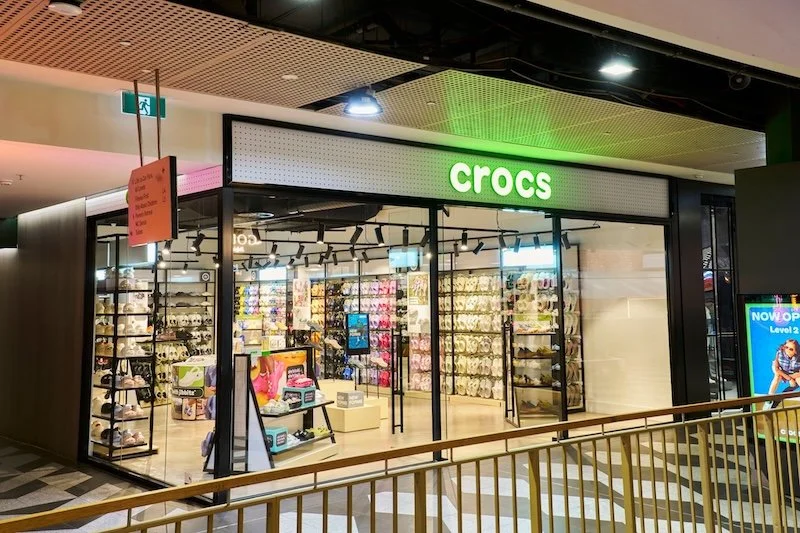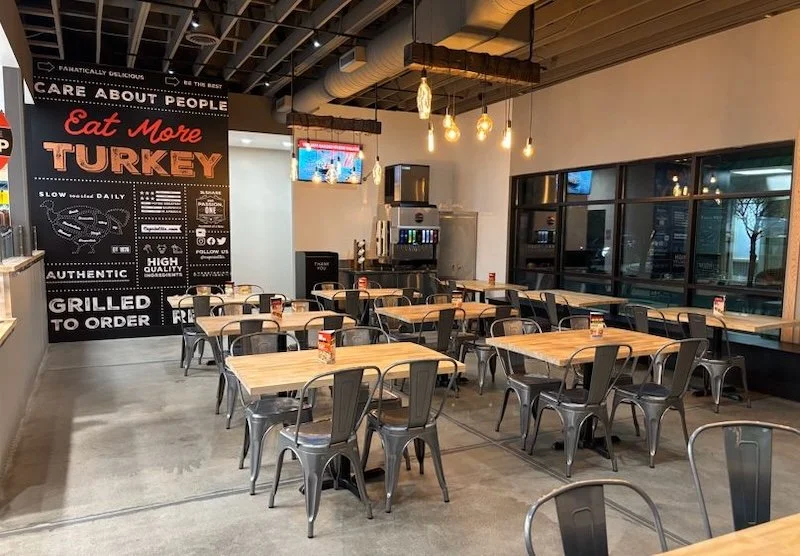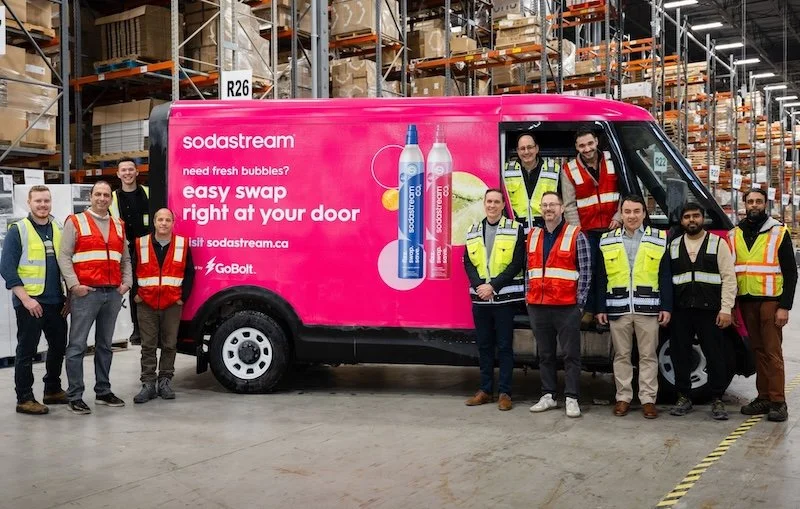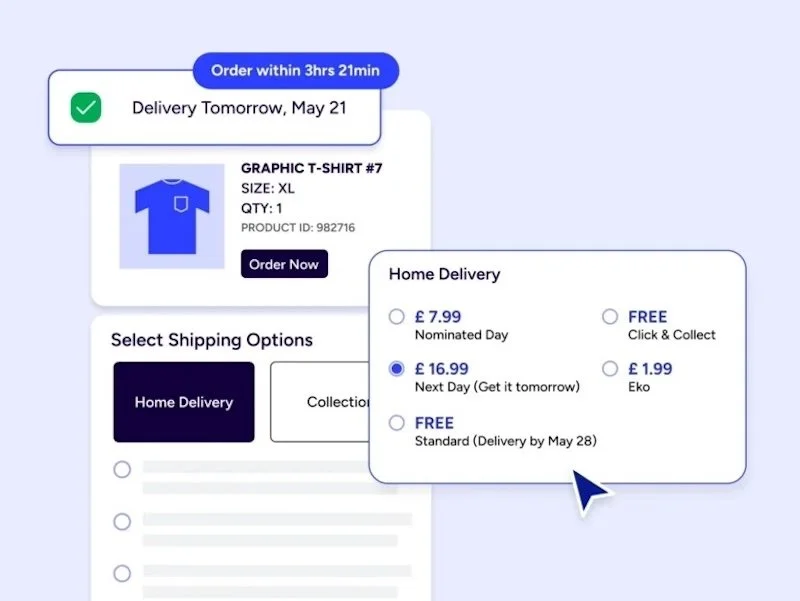How seasonal trailer rentals save businesses big money
Most industries face predictable spikes in demand. Retail explodes during the holidays. Agricultural businesses need extra capacity during harvest. Construction projects ramp up in spring and summer.
But owning extra equipment that sits idle ten months a year doesn't make financial sense. That's where renting semi trailers for rent during busy seasons becomes a game-changer for smart business operators.
Seasonal rentals let you scale your capacity exactly when you need it, then scale back without being stuck with expensive assets collecting dust. You're paying for what you actually use, not maintaining equipment for theoretical peaks. That flexibility fundamentally changes your financial picture and keeps your operation lean and efficient.
The real advantage of renting semi trailers for rent during busy seasons becomes obvious once you see the numbers. Most businesses don't realise how much capital and overhead they're wasting by owning equipment that sits idle most of the year.
This article breaks down how renting during busy seasons delivers real cost savings and operational agility. When you understand the math, it becomes clear why more businesses are ditching the "own everything" mentality in favor of strategic rentals.
Meeting Seasonal Demand Without Capital Investment
Buying trailers is a massive capital expense. A quality semi trailer costs $15,000 to $25,000 new, and you're looking at financing, depreciation, maintenance, and storage costs on top of that. If you only need those trailers four months a year, you're tying up capital and paying ongoing costs for equipment that's not generating revenue most of the time.
Seasonal rentals eliminate that capital burden entirely. Instead of financing equipment you'll barely use, you rent what you need when you need it. Your cash stays in your business where it can fuel growth, marketing, or operational improvements. You're paying a monthly rental fee only during peak months, then that expense disappears when demand drops. That's infinitely smarter capital allocation than buying and maintaining underutilised equipment.
This approach is especially powerful for smaller businesses that can't justify full-time equipment ownership. You get the capacity of a large operation during peak season without the financial weight when things slow down. That levels the playing field between big companies and agile smaller operators.
Photo credit: Unsplash.
Simplifying Fleet Expansion During Peak Periods
When demand suddenly spikes, you need equipment fast. Trying to buy trailers on short notice means limited options, rushed decisions, and overpaying for immediate availability. Rental companies keep inventory specifically for this scenario. They've got trailers ready to go, properly maintained, and available to deploy immediately.
An established rental partner knows your business patterns and can anticipate your seasonal needs. They'll work with you to have equipment pre-positioned and ready before peak season hits. You're not scrambling to find capacity, negotiating with sellers, or waiting for delivery. You call, and trailers are there. That responsiveness keeps your operation flowing smoothly when you need it most.
Fleet expansion becomes a simple, predictable process instead of a stressful scramble. You know exactly what you need, when you need it, and the rental company delivers. That reliability lets you plan with confidence instead of worrying about whether you'll have enough equipment to handle incoming business.
Reducing Maintenance and Storage Costs
Every trailer you own needs maintenance, inspections, repairs, and storage space. During off-season months when they're parked, you're still paying for lot space, insurance, and regular upkeep. A trailer that sits idle still needs to be maintained, cleaned, and protected from weather damage. Those costs add up silently, eating into profits year-round.
Rental companies absorb all those costs. They maintain trailers, handle inspections, manage storage, and keep equipment road-ready. When you rent seasonally, you're avoiding months of storage fees, maintenance costs, and associated overhead. The rental company owns those headaches, not you. Your expenses are clean, predictable, and only occur during rental periods.
That cost structure is radically different from ownership. You're essentially outsourcing equipment management to specialists who do it at scale. Because they manage hundreds of trailers, they negotiate better rates on maintenance and storage. Those economies of scale get passed to you through lower rental rates than you'd ever pay managing equipment independently.
Adapting Quickly to Changing Market Conditions
Markets shift. A client cancels a big contract. A competitor undercuts your pricing and you lose business. Weather disrupts supply chains. Unexpected opportunities pop up that need immediate capacity. When you own equipment, you're locked into that investment regardless of what happens. Rental equipment gives you flexibility to respond quickly.
If demand drops unexpectedly, you simply reduce your rental commitments instead of being stuck with owned trailers generating zero revenue. If a new opportunity emerges that needs extra capacity, you rent additional equipment without any long-term commitment. That adaptability is huge in volatile industries or rapidly changing markets. You're not betting your cash flow on demand predictions that might not pan out.
Smart operators view seasonal rentals as a way to de-risk their operations. You're not gambling on capacity needs or locking in massive capital investments. You're paying for what you use, when you use it, and maintaining the flexibility to shift if conditions change. That's exactly how modern, efficient businesses operate.
Bottom Line
Seasonal trailer rentals are how smart businesses stay competitive without bloating their equipment portfolios or tying up capital in underutilised assets. You get the capacity you need exactly when you need it, then walk away when demand drops. The cost savings alone justify the strategy, but the real win is operational agility.
Plan ahead with a trusted rental partner, and you'll scale smoothly through peak seasons without the financial drag of owned equipment. That's how you keep more money in your pocket while staying ready for whatever the market throws at you.































Continue reading…